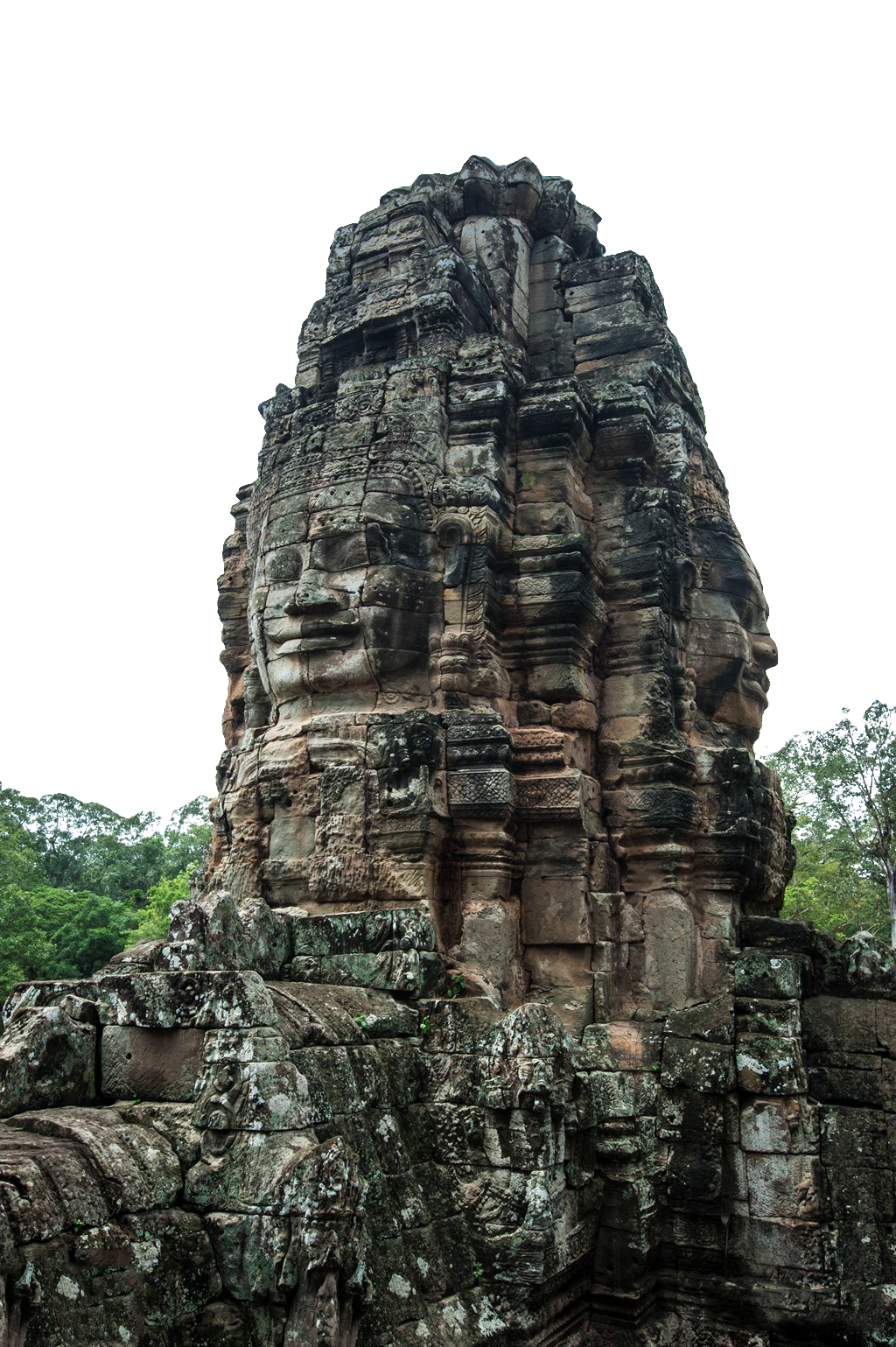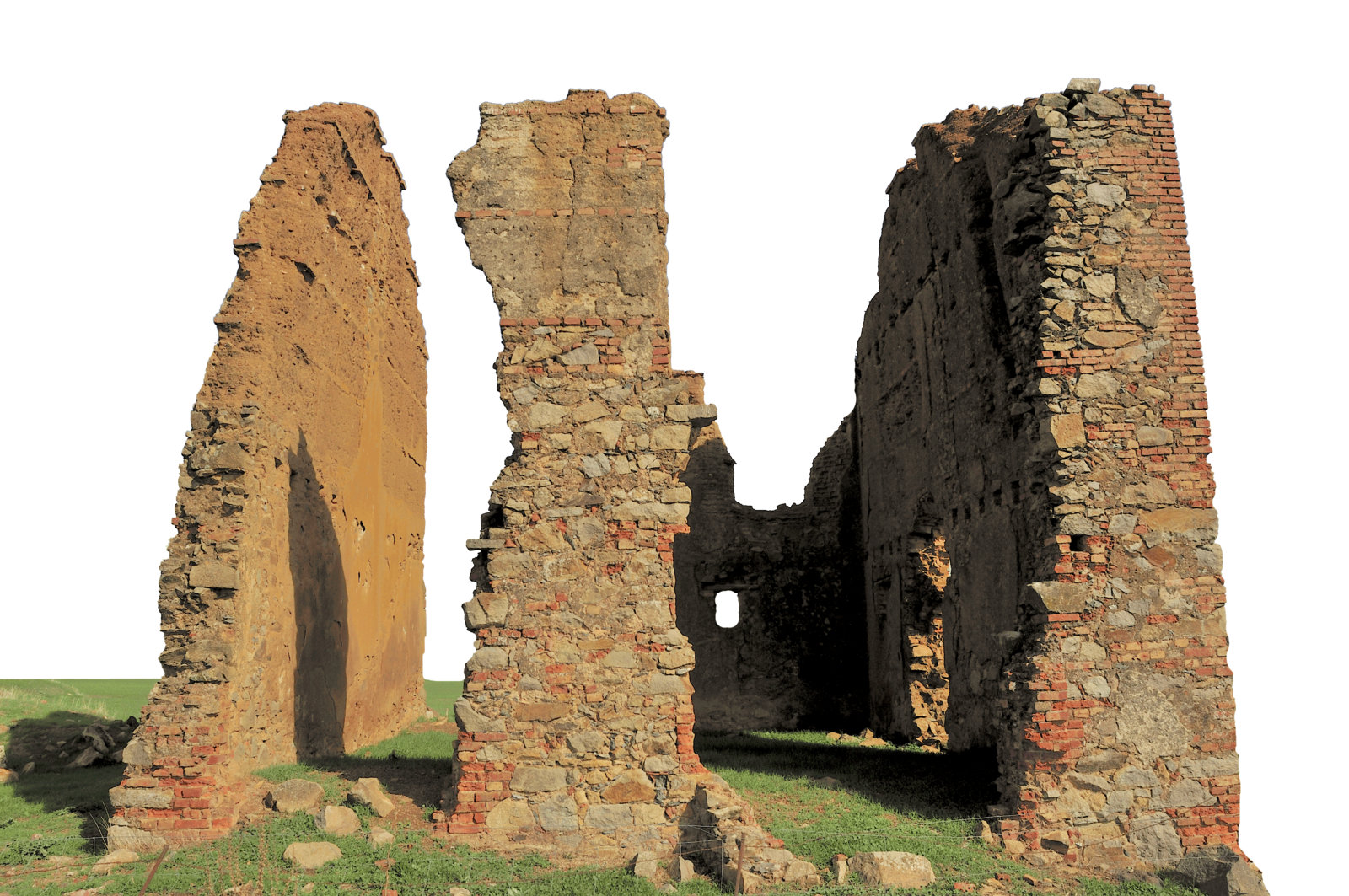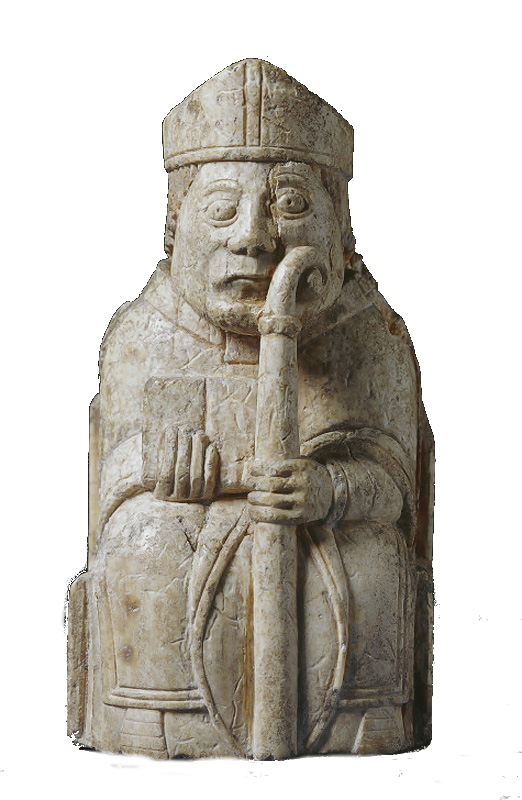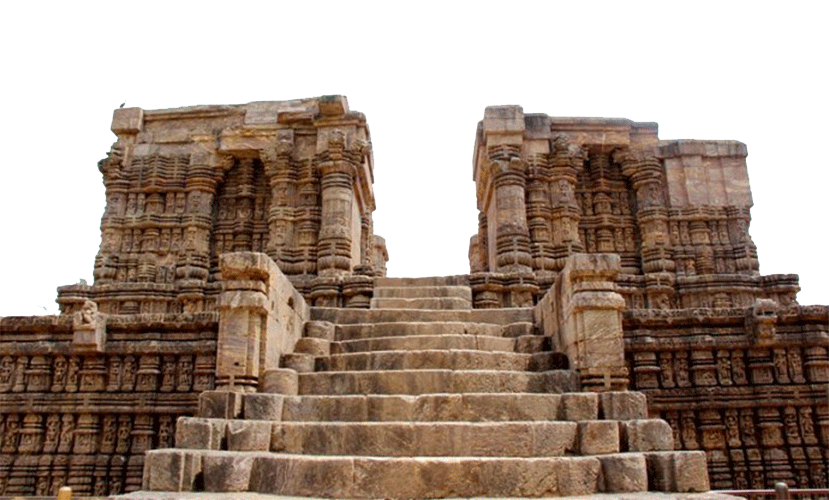I was speaking to a Turk recently, and he was talking about how Greece and Turkey share a surprising amount of culture. I think it's an after effect of both being part of the Eastern Roman empire. (For those of you keeping track on the how many times do you think of the Roman empire challenge, reset your counter!)
Thinking about it more though, the second century ad would have been long before the split between the Western and Eastern Roman empires, so I'm sure that the Roman empire would have been heavily influenced by the Greek world.
It's really interesting around the world that certain cultures are transcendent, they survive no matter who ends up in charge. In the East you see this in India where they were at times completely conquered and the ancient Indian culture remained continuous. In that way, even though it looks ridiculous to us empirically, I think it was the 10th century AD that the Muslims were easily conquering India and ended up ultimately controlling something like 90% of the landmass, and the bramans ended up just spending their money and effort building nicer temples to pray for victory instead of improving their battle strategy or getting better weapons, but in the end in spite of being almost completely conquered the Indian culture persevered.
In the same way, the Greek culture far and long outlived Greek hegemony. The Romans had completely conquered Greece, but the Greek culture persevered to the extent that the Eastern Roman empire ultimately ended up becoming a very Orthodox Greek empire.
There's actually a Hellenistic Greek influence on Indian culture. Alexander the Great conquered all the way out to india, and their culture ended up influencing Indian culture for example to start showing temples with statues of people, whereas previously they didn't consider that to be worth doing.
In a sense it's kind of ironic, that you would have this immortal culture from the West meeting this immortal culture from the East. You know where they mix, you end up with a new culture that mixes both in different ways.
It sort of feels like memetics as Richard Dawkins talks about it. But it makes you wonder, are each sets of ideas surviving because they help the people thrive, or because they are very survivable ideas? It isn't necessarily so clear.



